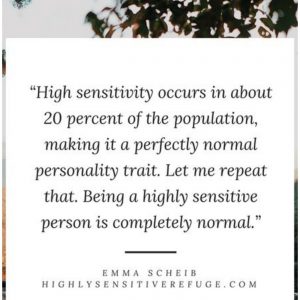More than just a living will, in end-of-life situations you need something more. Living wills are often referred to as advance directives or advance decisions with regards to your medical concerns. But a living will is just part of an overall advance directive describing specific treatment preferences during unexpected situations where you are unable to make decisions regarding your medical care.
If you think having advance directives is just for older people, you cant be so wrong. Since advance directives and living wills are written instructions for your family and doctors to follow in cases where you cannot make your own health decisions, it is only logical therefore to have one regardless of your age as long as youre more than 18, of course. Since end-of-life situations can be unexpected, having that legal document can speed up decision making and reduce confusion or disagreements especially among your family members.
Just as it was mentioned in the first paragraph, it is important to take note that advance directives are not composed of only living wills. First and foremost, a complete set of advance directives have a living will which is the written legal document that indicates the kinds of treatments that would be administered to sustain the life of the person. It also contains what life sustaining measures are not supposed to be used. If you dont want respirators, ventilators, tube feeding procedures or even allow the medical team to resuscitate you in emergency situations, you write it in the living will.
Advance directives also need a document called a medical power of attorney (POA). A POA is another legal document designating an individual as your health care proxy or agent. That person will take on the responsibility of making your medical related decisions in situations where you are incapable of making sound decisions. A POA is also known as a durable power of attorney for health care and should not be confused with the power of attorney used in making financial and business dealing on your behalf. The advantages of having a POA will manifest in situations where your family does not agree with any of your wishes stated in your advance directives. It is, therefore, very important to select your POA carefully. Someone you can trust, that is mature and can make good decisions are some of the characteristics that person should have.
The last document is the DNR or the do not resuscitate order. This piece of paper instructs your medical team to no longer apply cardiopulmonary resuscitation or CPR in the event that your heart stops or if you stop breathing. Take note, however, that advance directives do not require a DNR order nor does a DNR require having advance directive first. It is just something that might be good to include if youre writing advance directives in the first place.
If you intend to have a written instruction on how ready for unexpected situations, you will need more than just a living will. You will need advance directives that will include POA and DNR aside from the living will document. You will need careful planning and do a lot of thinking before you sign those papers.




